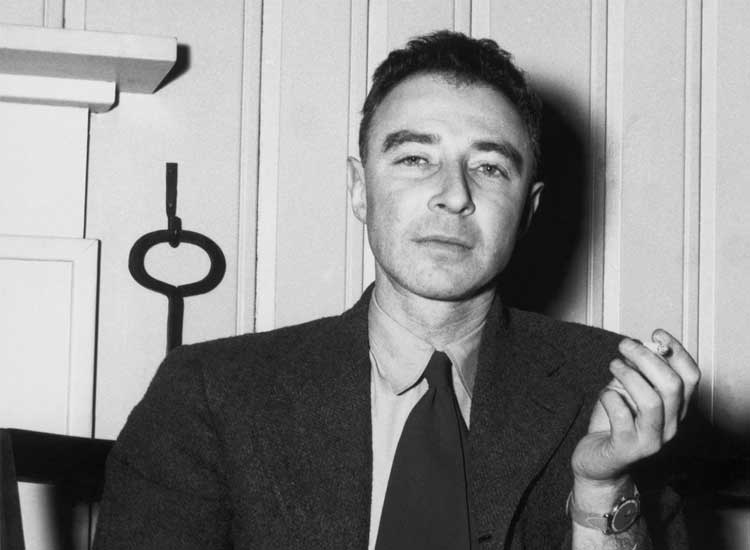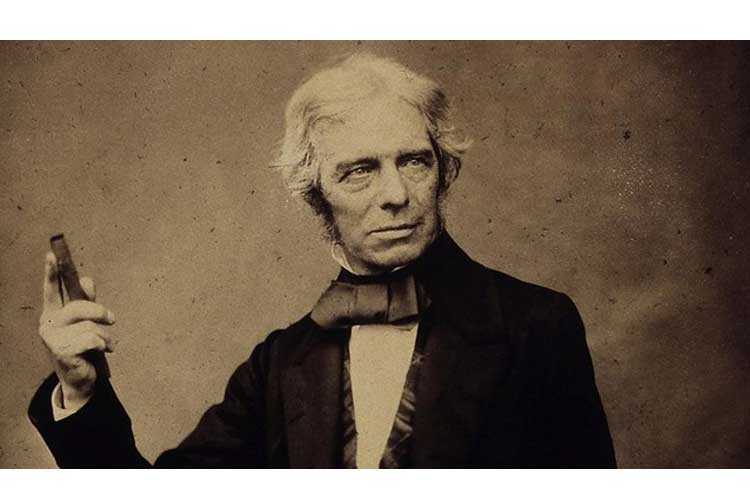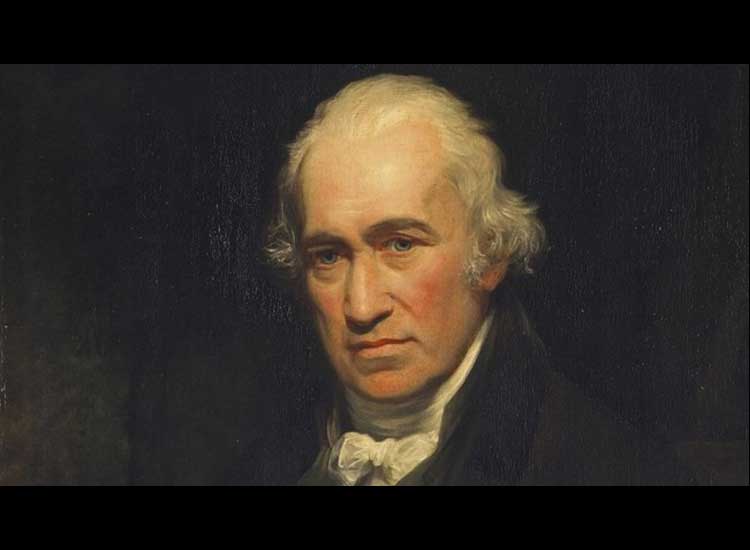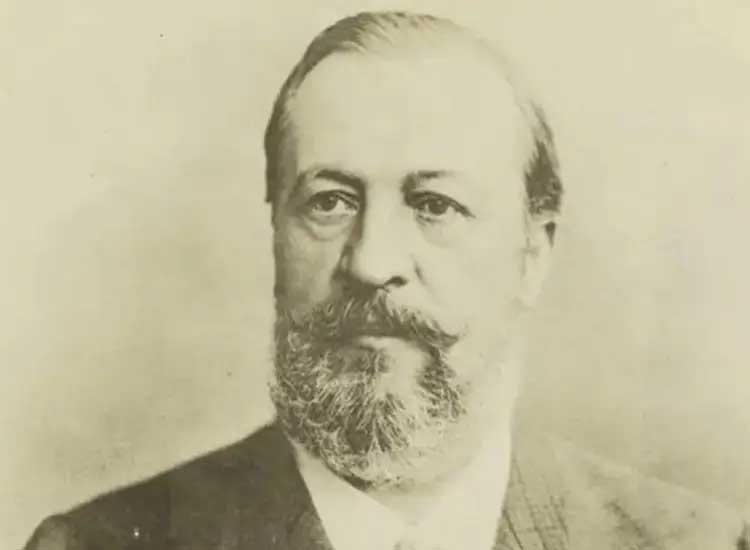Who is Oppenheimer, the Inventor of the Atomic Bomb? – Oppenheimer is a film directed by Christopher Nolan, which has recently been popular with the public.
The biopic film, Oppenheimer, played by Cillian Murphy, is a film that tells the story of the inventor of the atomic bomb , Julius Robert Oppenheimer.
So, who exactly is this Oppeheimer figure?
Oppenheimer is known as the controversial figure behind the creation of the atomic bomb, and is known as the father of the atomic bomb.
Oppenheimer’s biographical history
Reporting from Britannica , Friday (21/7/2023), Oppenheimer was born on 22 April 1904 in New York, United States and died on 18 February 1967 in Princeton, New Jersey. He is known as an American theoretical physicist and science administrator.
JR Oppenheimer was the son of a German Jewish immigrant who made his fortune from the textile trade, as reported by National Geographic .
He also graduated from Harvard University with summa cum laude and completed his studies in just 3 years.
Oppenheimer then studied theoretical physics at Cambridge University and the University of Göttingen in Germany, where he earned a doctorate at the age of 23.
As a young physicist, Oppie, as he was usually called, immediately socialized with a number of scientific figures and great scientists of his time.
His academic work has also contributed to advancing quantum theory and predicting everything from neutrons to black holes.
Oppenheimer also really liked learning many things outside of the scientific knowledge he was studying, because he also studied religion, Sanskrit and other knowledge.
Oppenheimer, the Manhattan project and the atomic bomb
After the United States joined the Allies in 1941, during World War II , Oppenheimer was asked to participate in the top-secret Manhattan Project.
This was an early project for the development of atomic weapons, which later became the forerunner of the atomic bombs dropped on Hiroshima and Nagasaki , Japan.
At a time when Oppenheimer was trying to figure out what it would take to trigger and sustain the kind of neutron chain reaction that was essential to creating a nuclear explosion, Oppenheimer’s superiors were impressed by his extensive knowledge.
Oppenheimer’s ambition and collaborative skills also inspired other scientists.
In 1942, the US Army asked Oppenheimer to head a secret laboratory where the bomb would be tested. The location chosen was Los Alamos in New Mexico.
On July 16, 1945, Oppenheimer and his team of brains gathered at the Trinity test site south of Los Alamos to conduct the world’s first nuclear test. It was a thrilling moment.
Scientists also understood that the bomb they named “Gadget” would shape the future of the world, and they also believed it could end World War II.
This test was carried out in secret, and the world’s first atomic bomb test was successful.
Oppenheimer’s atomic bomb destroys Hiroshima-Nagasaki
The two atomic bombs developed by Oppenheimer became known throughout time and succeeded in ending World War II when they were dropped by the United States on August 6 and August 9, 1945 on Hiroshima and Nagasaki, Japan.
The Hiroshima-Nagasaki atomic bombs exploded and killed at least 110,000 people and devastated the two cities on a scale of destruction that had never been seen before or since.
While a member of the scientific committee, Oppenheimer once recommended to the War Department that bombs be dropped on Japan as soon as possible.
However, debate continues over whether the government listened to scientists’ requests that the bomb be used only for military targets, or whether it was tested publicly in an attempt to force Japan to surrender.
Although scientists were delighted with the achievement of creating the world’s first atomic bomb, they were also horrified by the loss of civilian lives in the attack.
A few weeks after the bombing of Hiroshima-Nagasaki, Oppenheimer wrote a letter to the Secretary of Defense warning that “The safety of this nation … cannot lie wholly or even primarily in its scientific or technical prowess. It can only be based on making future wars impossible.” Possible.”
However, Oppenheimer also defended the Manhattan Project and the atomic bomb it was tasked with building, arguing that it was essential to fully understand the possibilities of nuclear science.





